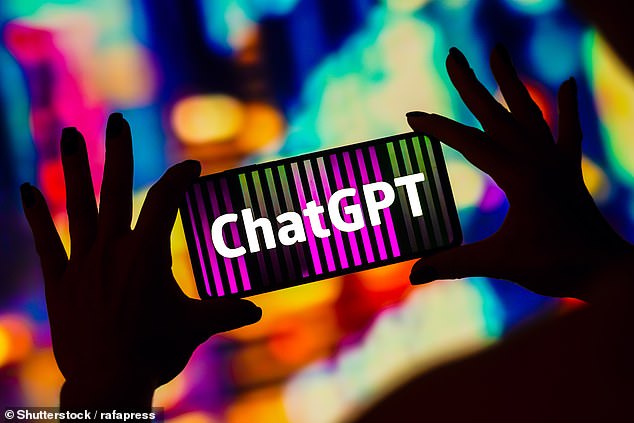An artificial intelligence expert has backed traditional media’s fight to stop AI firms using web content without permission.
The growth of AI has provoked a row about how ‘chatbots’ are ‘trained’ by being fed with information from the internet.
Now Ed Newton-Rex, who quit as an executive with the firm Stability AI, has taken the side of those whose original work is used to help build the chatbots that then compete with them.
Courts across the world will have to rule on the limits to AI information-gathering, and legislation is being fast-tracked to make chatbot operators reveal how they are trained.
In a submission to the House of Lords this week, the developer OpenAI said it would be impossible to train tools such as its ChatGPT without access to material that is protected by copyright, adding: ‘Copyright covers virtually every sort of human expression, including blog posts, photographs, forum posts, scraps of software code, and government documents.’
The developer OpenAI said it would be impossible to train tools such as its ChatGPT without access to material that is protected by copyright (Stock Image)
AI firms claim they are legally entitled to take information and images available on the internet under ‘fair use’ rules, which permit limited use of copyrighted material without having to get permission from the copyright holder.
But the New York Times is suing OpenAI and Microsoft, accusing them of unlawful use of their work to train AI.
The photo agency Getty Images is also suing Stability AI for using its library to create its model.
Mr Newton-Rex told Radio 4’s Today programme: ‘There’s a very strong argument that generative AI training doesn’t fall under the fair use exception.’
He added that ‘speed is really important’ for legal rulings on how AI firms operate, as many are ‘training on essentially whatever they like’.
By Daily Mail Online, January 10, 2024












